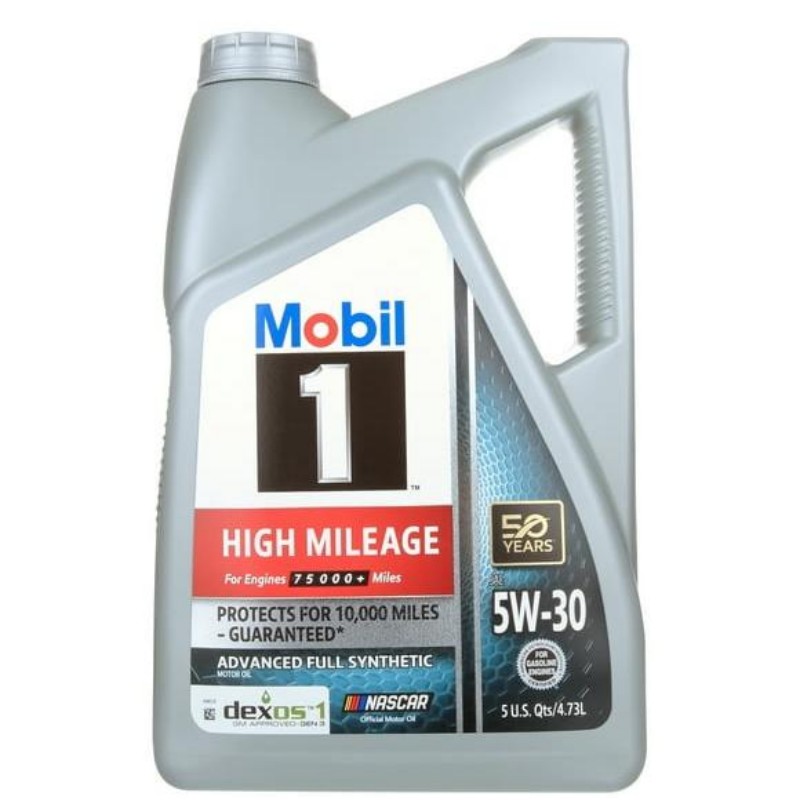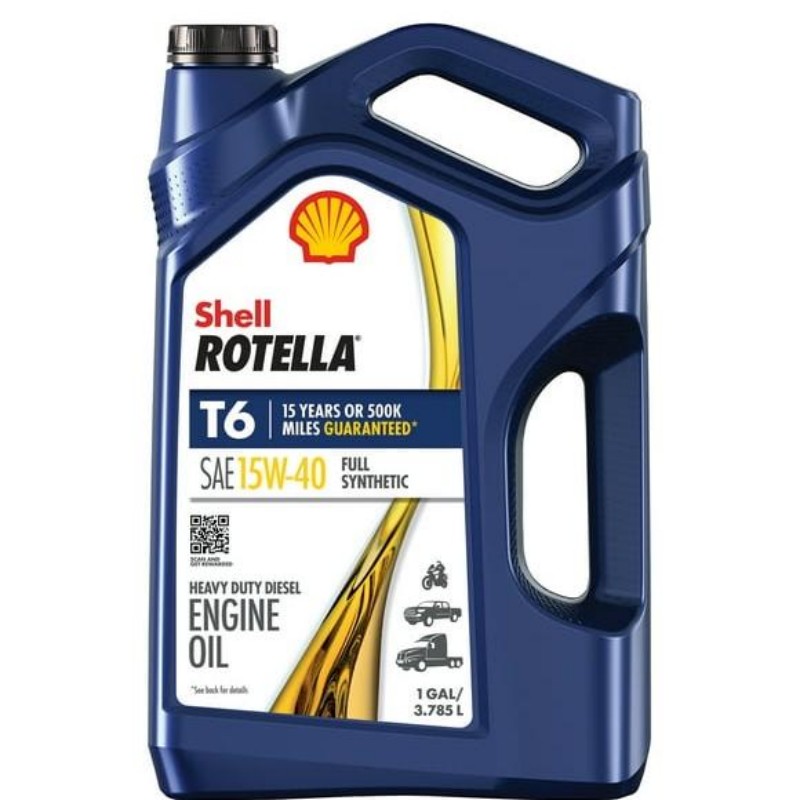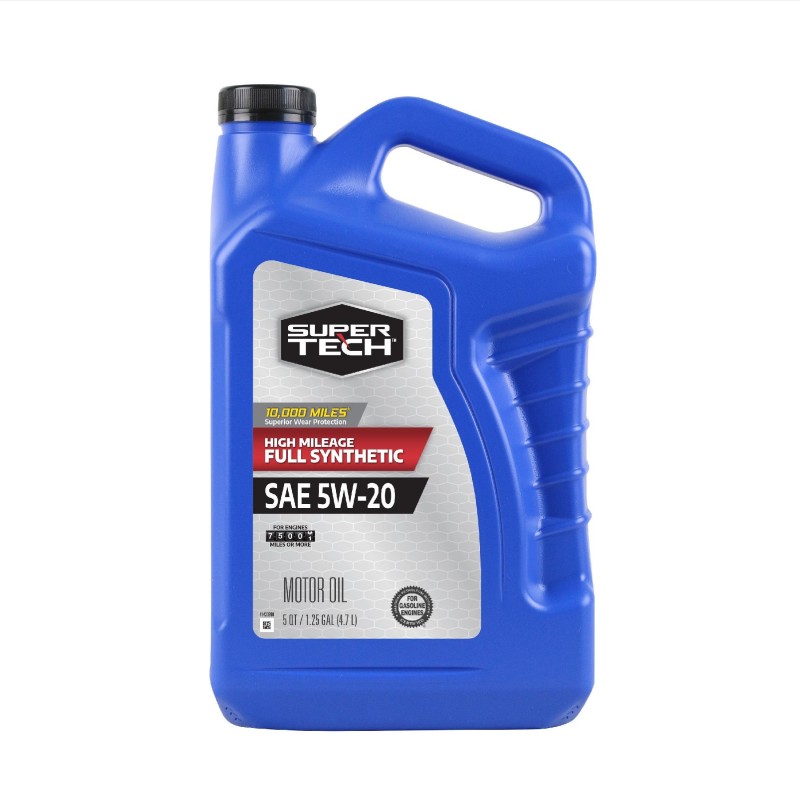Engine oil plays a critical role in your vehicle’s performance and longevity. As it flows through the engine, it provides lubrication, transfers heat, and assists in cleaning engine components. But have you ever wondered how hot does engine oil get during operation? This article aims to explore this vital question, delving into the factors that influence engine oil temperature, the implications of operating temperatures, and tips for effective maintenance. Knowing how hot your engine oil gets not only helps improve the performance of your vehicle but also ensures that you maintain it correctly, preventing costly repairs down the line. Understanding the dynamic environment within your engine empowers you to take better care of your vehicle while enhancing safety and reliability.

The Importance of Engine Oil Temperature
Engine oil temperature is a crucial factor that affects your vehicle’s performance, efficiency, and lifespan. Engine oil serves several functions, including reducing friction, minimizing wear, and ensuring proper heat dispersal. The viscosity, or thickness, of the oil changes with temperature. When engine oil is cold, it is thicker, making it harder for the oil to flow through the engine. Conversely, when the oil gets too hot, it can become too thin and lose its ability to lubricate effectively.
It’s essential to maintain the oil within an optimal temperature range for several reasons. When engine oil is too hot, it can lead to a breakdown of its chemical properties, resulting in sludge formation and reduced lubrication efficiency. This can increase wear and tear on engine components, leading to potentially costly repairs. Furthermore, excessive temperatures can result in engine overheating, causing permanent damage. Understanding how hot engine oil gets during different driving conditions can help you monitor and maintain your vehicle effectively.
Factors Influencing Engine Oil Temperature
Several factors determine how hot engine oil gets during operation. Understanding these elements allows drivers to make informed decisions about vehicle maintenance and care.
Engine Load and Performance
The load placed on the engine can significantly impact temperature. During acceleration or when hauling heavy loads, the engine works harder and produces more heat. This increased load raises the temperature of the oil as it flows under greater pressure through the engine components. In contrast, idle or low-load conditions tend to keep oil temperatures lower.
Ambient Temperature
Climatic conditions play a vital role in engine oil temperature. Hot weather increases temperatures, while colder climates may keep oil temperatures more manageable. However, thermal stability is also provided through the vehicle’s cooling systems, which help maintain optimal operating temperatures regardless of external conditions.
Oil Type and Quality
The viscosity and quality of engine oil can influence its temperature performance. Synthetic oils typically have higher thermal stability, providing better lubrication and heat resistance than conventional oils. Choosing the right type of engine oil for your vehicle is crucial in maintaining optimal operating temperatures.
Engine Design and Technology
The design and technology of your engine also affect how hot engine oil gets. Modern engines often have advanced cooling systems and enhanced oil pathways that allow for better heat management. Engine compartments also have improved insulation, ensuring that heat is managed efficiently. Understanding the specs and features of your engine can better inform your knowledge of oil temperature.
Driving Conditions
Driving environments, such as stop-and-go traffic, highway driving, and towing, directly impact engine oil temperature. City driving often leads to abrupt changes in speed, causing the engine to heat up and cool down quickly. Highway driving typically stabilizes oil temperatures thanks to consistent speed and lower engine load.
Maintenance Practices
Regular oil changes and proper vehicle maintenance significantly influence engine oil temperature. Old or contaminated oil can lead to increased friction and heat production. Following recommended maintenance schedules for oil changes and using quality oil filters can help keep engine oil temperatures in the optimal range.
The Heat Threshold: Understanding Safe Operating Temperatures
Understanding the heat threshold for engine oil is vital to avoid potential damage. Most engine oils are designed to operate effectively within a temperature range of 160°F to 220°F (about 71°C to 104°C). If the temperature exceeds this range, the oil may begin to break down, compromising its ability to lubricate and protect engine components.

Recognizing Signs of Overheating
It’s crucial for drivers to recognize signs that their engine oil may be overheating, such as:
- Unusual Engine Noise: A noticeable increase in engine noise may suggest insufficient lubrication due to hot oil.
- Dashboard Warning Lights: Many modern vehicles come with indicators that alert the driver to overheating.
- Burnt Oil Smell: A burnt smell emanating from the engine compartment can signal overheating oil.
- Decreased Performance: An engine that lacks power may be compromised due to excessive oil temperature.
Monitoring Engine Oil Temperature
Many vehicles are equipped with gauges that display oil temperature readings. If you have access to these gauges, it’s wise to monitor them during drives, especially in challenging conditions. There are also aftermarket options available for those interested in more precise measurements.
The Relationship Between Engine Temperature and Oil Temperature
The engine itself generates heat as it operates. However, the temperature of engine oil is not entirely dependent on engine heat. While high engine heat correlates with oil temperature, several other external and internal factors can influence specific oil temperatures.
Internal Engine Components
Certain components within the engine, such as the cylinder head and exhaust valves, can become exceptionally hot, impacting the oil that circulates around them. Keeping an eye on the overall performance of these components can help determine the oil’s temperature as it shares heat transfer responsibilities.
Heat Transfer Systems
The heat exchange process relies on effective transfer systems present in your vehicle, such as oil coolers. These devices help manage oil temperatures by dissipating heat before it reaches critical levels. Being aware of these systems can be beneficial when performing vehicle maintenance or upgrades.
Tips for Managing Engine Oil Temperature
Effective management of engine oil temperature is vital for vehicle longevity and performance. Here are several essential tips to ensure your engine oil stays within optimal temperature ranges.
Choose the Right Engine Oil
Always use the oil recommended by your vehicle manufacturer. Check your owner’s manual for specifications on viscosity and type. Using synthetic oil can improve performance and temperature stability.
Maintain Regular Oil Changes
Changing the oil at regular intervals prevents the buildup of dirt and sludge, which can reduce the oil’s effectiveness. Follow the vehicle manufacturer’s guidelines for oil change intervals to maintain optimal performance.
Monitor Cooling Systems
Inspect your vehicle’s cooling systems, including radiators and oil coolers, to ensure they function correctly. Prevent overheating by maintaining the coolant levels and checking for any leaks.
Drive Wisely
If possible, avoid extreme driving conditions that may put additional stress on the engine. Gradual acceleration and avoiding heavy loads can help maintain optimal engine and oil temperatures.
Regular Inspections
Conduct regular inspections of your vehicle’s engine components and systems. Catching potential issues early can prevent severe damage and costly repairs related to excessive oil temperatures.
Install Monitoring Equipment
Consider investing in aftermarket gauges or sensors to monitor oil temperature. Real-time data can help you make informed decisions about your driving habits and maintenance practices.

Conclusion
In summary, understanding how hot engine oil gets is crucial for maintaining your vehicle’s performance and longevity. The temperature of engine oil directly impacts its ability to lubricate and protect engine components, making it necessary to be aware of the factors influencing oil temperature. Knowing the ideal temperature range and being able to recognize signs of overheating can save drivers from unexpected breakdowns and costly repairs.
By following best practices for maintenance, picking the right oil, and paying attention to your vehicle’s temperature readings, you will extend the life of your engine and enhance its efficiency. Keep your engine oil within the recommended temperature range to ensure optimal performance and protect the longevity of your vehicle.